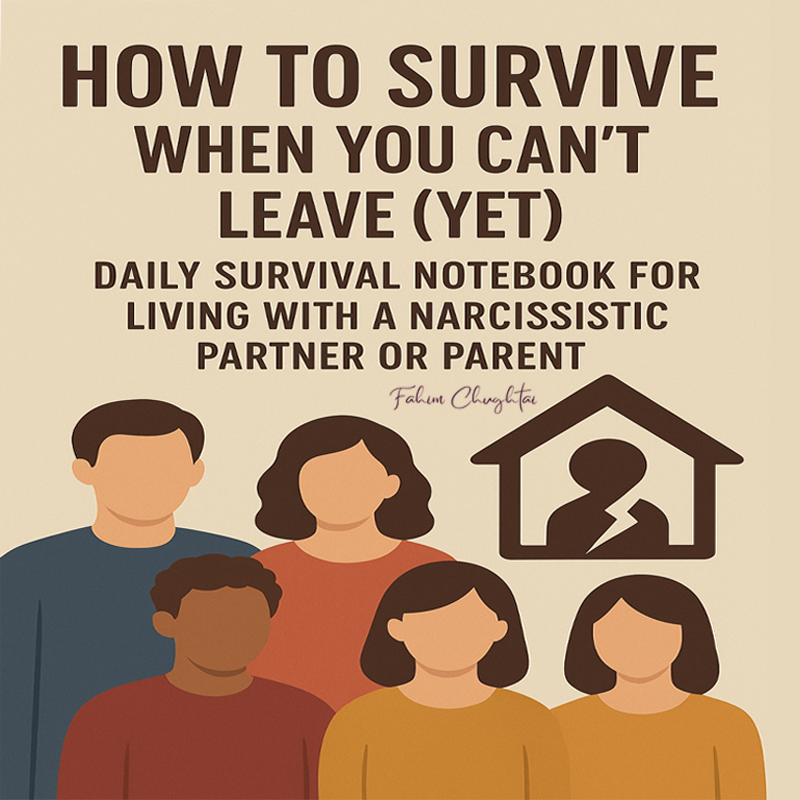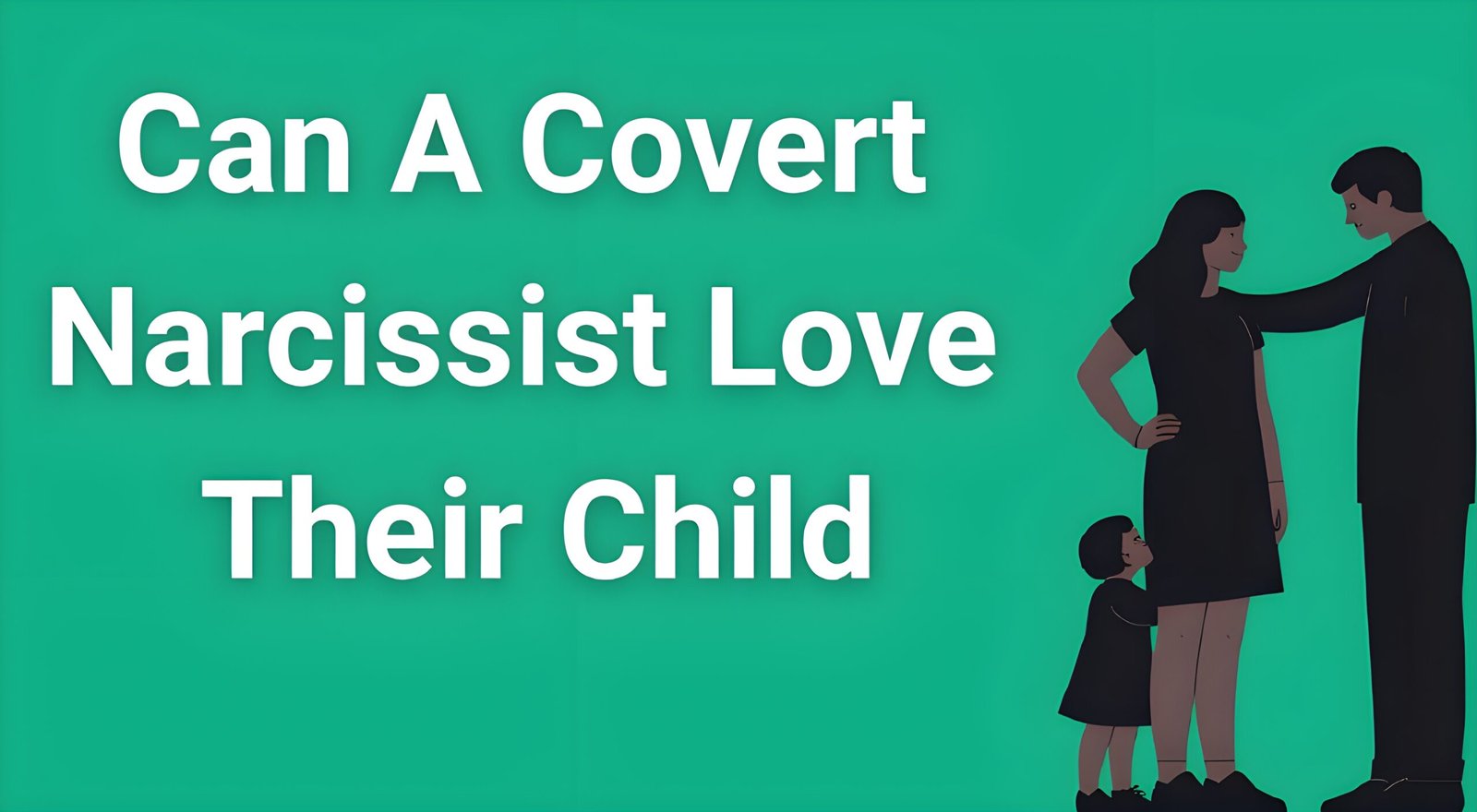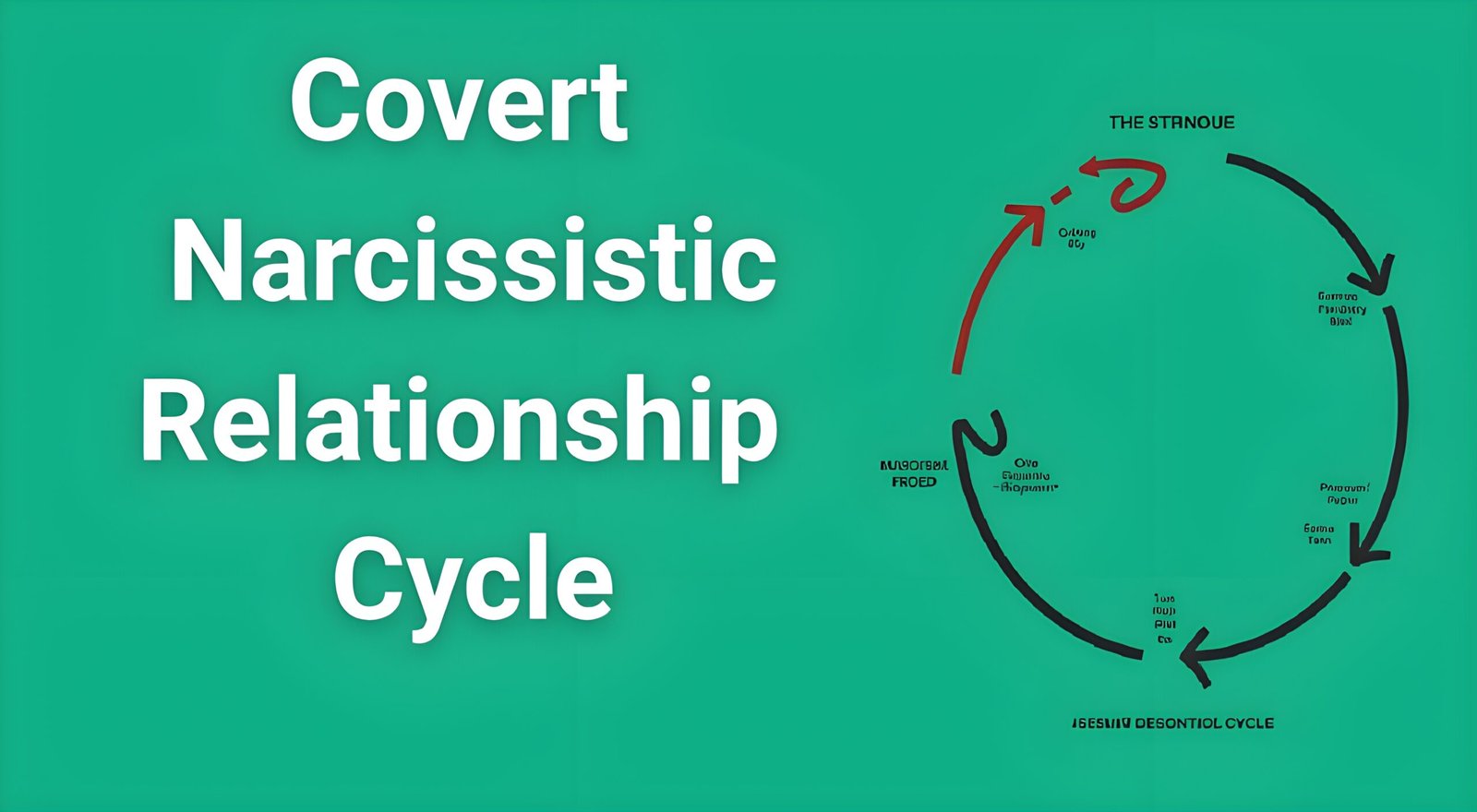When a covert narcissist initiates divorce, they’re not making an emotional decision. This choice represents a carefully calculated move designed to maintain control while preserving their carefully crafted public image. Research shows that narcissistic individuals have a 50-55% divorce rate—significantly higher than the national average—yet they rarely accept responsibility for relationship failures.
- 7 Shocking Reasons a Covert Narcissist Initiates Divorce
- Recognizing the Warning Signs Before They File
- The Trauma Bond Factor in Covert Narcissist Relationships
- What to Expect When a Covert Narcissist Files for Divorce
- Protecting Yourself During the Process
- Breaking Free from the Trauma Bond
- Rebuilding Your Identity After the Storm
- Moving Forward with Wisdom and Strength
- Frequently Asked Questions
- Conclusion: From Confusion to Clarity, From Victim to Survivor
The covert narcissist’s decision to file first serves multiple psychological purposes. They regain control of the narrative, position themselves as the victim, and ensure they can manipulate the process from the beginning. Most importantly, filing first allows them to blindside their spouse, creating maximum emotional damage while maintaining plausible deniability.
7 Shocking Reasons a Covert Narcissist Initiates Divorce
1. They’ve Found New Narcissistic Supply
The most devastating reason a covert narcissist initiates divorce relates to their insatiable need for validation. When they’ve secured a new source of admiration—whether through an affair, emotional relationship, or even a close friendship that provides them with sufficient ego stroking—their current spouse becomes expendable.
Unlike overt narcissists who might flaunt their new interests, covert narcissists maintain secrecy while gradually devaluing their spouse. They’ll start pointing out flaws, expressing dissatisfaction, and creating emotional distance. The divorce filing often comes shortly after they’ve ensured their new supply source is secure.
Am I Dealing With a Covert Narcissist — or Just Toxic Behavior?
Warning signs include sudden changes in schedule, increased secrecy with phones or computers, and newfound criticism of aspects of your relationship they previously claimed to love.
2. You’ve Become Too Aware of Their Tactics
Covert narcissists rely heavily on their ability to manipulate situations while appearing innocent. When their spouse begins recognizing patterns of manipulation, gaslighting, or emotional abuse, the narcissist faces a threat to their carefully maintained facade.
Education poses the greatest danger to their control. If you’ve started reading about narcissistic abuse, attending therapy, or even just questioning their behavior patterns, they may preemptively file for divorce to prevent further exposure. This tactic allows them to frame you as the unstable one who “suddenly started making accusations.”
The timing of divorce filing often correlates with moments when the spouse gains clarity about the relationship dynamics. Many survivors report that their covert narcissist spouse filed shortly after they began journaling, seeking therapy, or confiding in friends about concerning behaviors.
3. Their Public Image Requires Protection
Image management drives many covert narcissist decisions, and divorce represents the ultimate image protection strategy. If staying married threatens their reputation—whether due to your potential disclosures about their behavior or their own actions becoming too visible—they’ll choose divorce over exposure.
This reason often emerges when the narcissist faces professional consequences, social scrutiny, or family pressure that could damage their carefully cultivated persona. Filing first allows them to control the divorce narrative, positioning themselves as the long-suffering spouse who finally reached their breaking point.
They may begin planting seeds of doubt about your mental health, stability, or character months before filing, creating a foundation for their victim narrative.
4. Financial Control and Asset Protection
Covert narcissists understand that the spouse who files first often gains strategic advantages in divorce proceedings. They may initiate divorce after secretly moving assets, hiding income, or positioning themselves favorably for property division.
This calculated approach might involve transferring money to hidden accounts, undervaluing businesses or property they own, or timing the divorce filing to coincide with periods of artificially low income. Their goal extends beyond winning the divorce—they want to ensure their spouse experiences maximum financial hardship.
The financial manipulation often begins months or even years before filing, making it crucial to document any suspicious financial behavior early in the relationship deterioration.
5. They Need to Punish You for Perceived Slights
Covert narcissists maintain detailed mental scorecards of perceived injuries to their ego. Unlike overt narcissists who might explode immediately, covert narcissists file these grievances away for future use. Divorce becomes their ultimate revenge strategy.
The perceived slight might seem minor to others—questioning their decision, failing to support them adequately during a difficult time, or even just gaining independence they view as threatening. The divorce filing serves as both punishment and a way to regain dominance.
This revenge motivation explains why covert narcissist-initiated divorces often feel particularly cruel. They’re not just ending the marriage—they’re orchestrating maximum emotional and practical damage to teach you a lesson about challenging them.
6. Loss of Control Triggers Desperate Measures
When covert narcissists sense their grip on the relationship loosening, they may file for divorce as a way to regain control. This panic-driven decision often occurs when their spouse begins showing signs of independence, strength, or reduced emotional reactivity to their manipulation.
The loss of control terrifies narcissists more than actual relationship problems. If their usual tactics stop working—if you stop walking on eggshells, stop apologizing for their behavior, or stop providing the emotional reactions they crave—they may choose to blow up the entire relationship rather than risk further loss of dominance.
This trigger often coincides with major life changes that alter relationship dynamics: career advancement, personal growth, new friendships, or recovery from depression or anxiety that previously made you more compliant.
7. They’re Bored and Seeking Drama
Perhaps the most chilling reason a covert narcissist initiates divorce involves their addiction to emotional intensity. When life becomes too peaceful or predictable, they may create chaos through divorce filing simply to generate the drama and attention they crave.
This boredom-driven divorce often follows periods of relative calm in the relationship. The narcissist may feel understimulated without conflict and crisis to manage. Filing for divorce guarantees months or years of high-intensity emotional drama, legal battles, and opportunities to play victim while creating havoc.
The timing of these divorces often seems completely random to the spouse, occurring during otherwise happy periods or immediately after positive events like vacations, celebrations, or family milestones.
Recognizing the Warning Signs Before They File
Understanding when a covert narcissist might initiate divorce can help you prepare emotionally and practically. Several behavioral patterns typically precede their decision to file, though these signs can be subtle and easily misinterpreted.
Increased criticism represents one of the most reliable warning signs. The covert narcissist begins finding fault with aspects of your personality, appearance, or behavior they previously claimed to love. This criticism serves to devalue you while justifying their eventual decision to leave.
Emotional withdrawal often accelerates in the months before filing. They become less interested in intimacy, shared activities, or future planning. Conversations become superficial, and they begin treating you more like a roommate than a spouse.
Financial secrecy increases dramatically. They may become defensive about money matters, start hiding statements, or make unusual financial decisions without consultation. This behavior often indicates they’re preparing for asset protection strategies.
Social isolation tactics intensify as they work to separate you from potential support systems. They may discourage friendships, criticize your family, or create conflicts that make social situations uncomfortable.
The Trauma Bond Factor in Covert Narcissist Relationships
The intense confusion experienced when a covert narcissist initiates divorce often stems from trauma bonding—a psychological phenomenon where cycles of abuse and affection create powerful emotional attachments. This bonding makes the divorce announcement feel particularly devastating because it conflicts with the deep attachment you’ve developed.
Trauma bonds form through intermittent reinforcement, where periods of criticism and emotional withdrawal alternate with moments of affection and attention. This creates a biochemical addiction similar to drug dependency, making the divorce announcement feel like withdrawal from a substance.
Understanding trauma bonding helps explain why rational thoughts like “I should be relieved” conflict with overwhelming feelings of loss and desperation to reconcile. Your brain has been conditioned to crave the narcissist’s approval, making their rejection feel like a life-threatening emergency.
What to Expect When a Covert Narcissist Files for Divorce
When a covert narcissist initiates divorce, they typically follow predictable patterns that differ significantly from normal divorce proceedings. Understanding these patterns helps you prepare for what’s ahead and avoid common traps.
Victim narrative construction begins immediately. They’ll portray themselves as the long-suffering spouse who endured years of your unreasonable behavior. This narrative serves multiple purposes: garnering sympathy from friends and family, justifying their decision, and potentially influencing legal proceedings.
Legal manipulation becomes a primary strategy. Covert narcissists often use the legal system as an extension of their psychological abuse, filing frivolous motions, making false accusations, or drawing out proceedings to maintain control and inflict financial damage.
Communication becomes weaponized. Every interaction—whether through lawyers, text messages, or custody exchanges—becomes an opportunity for subtle manipulation, gaslighting, or provocation designed to make you react emotionally.
Children often become pawns in their psychological warfare. They may attempt parental alienation, use custody arrangements as control mechanisms, or manipulate children’s emotions to maintain influence over you.
Protecting Yourself During the Process
Preparation becomes your best defense when a covert narcissist initiates divorce. Taking immediate protective steps can minimize the damage they’re able to inflict during proceedings.
Financial protection requires immediate attention. Secure your access to bank accounts, credit cards, and important financial documents. Consider opening accounts in your name only and establishing independent credit if you haven’t already done so.
Documentation becomes crucial evidence. Start keeping detailed records of all interactions, financial transactions, and concerning behaviors. Time-stamp everything and store records securely where your spouse cannot access them.
Professional support makes a significant difference in outcomes. Seek attorneys who specialize in high-conflict divorces and understand narcissistic personalities. Regular therapy provides emotional support and can offer professional documentation of your mental state if needed.
When facing a covert narcissist’s divorce filing, many people find themselves questioning their own perceptions and sanity. This confusion is intentional—part of the ongoing manipulation designed to keep you off-balance and reactive.
If you’re experiencing this situation, you’re not alone, and your feelings are valid. Professional analysis can help clarify what you’re experiencing and provide specific strategies for your unique circumstances. The Narcissistic Abuse Clarity Report offers personalized insight into your specific situation, helping you understand the dynamics at play and develop effective protection strategies.
Breaking Free from the Trauma Bond
Recovery from a covert narcissist-initiated divorce requires addressing both the practical and emotional aspects of separation. The trauma bond that developed during your relationship doesn’t disappear simply because legal papers are filed.
Professional support becomes essential for breaking these psychological chains. Traditional relationship counseling often proves insufficient because it doesn’t address the specific neurological impact of narcissistic abuse. Specialized therapy focusing on narcissistic abuse recovery provides targeted strategies for healing.
For those struggling with obsessive thoughts about their narcissistic ex-spouse, the 30-Day Trauma Bond Recovery Workbook offers a structured, science-based approach to breaking the psychological addiction that keeps you emotionally attached to someone who has hurt you.
Rebuilding Your Identity After the Storm
Covert narcissist relationships gradually erode your sense of self through subtle manipulation and gaslighting. When they initiate divorce, you may find yourself questioning not just the relationship, but your own worth, judgment, and basic perceptions of reality.
Identity reconstruction requires intentional effort and often professional guidance. Start by reconnecting with activities, interests, and relationships that existed before the narcissistic relationship began. These connections to your former self provide anchors during the rebuilding process.
Boundary setting becomes a crucial skill for both current interactions with your ex-spouse and future relationship protection. Learning to recognize and respond to manipulation attempts helps prevent falling into similar patterns with other people.
If you’re in a situation where you cannot immediately leave the relationship—whether due to financial constraints, custody concerns, or other practical barriers—the guide “How to Survive When You Can’t Leave Yet” provides essential strategies for maintaining your sanity and safety while planning your eventual exit.
Moving Forward with Wisdom and Strength
Understanding why a covert narcissist initiates divorce provides powerful insight, but knowledge alone isn’t enough. Recovery requires active engagement with healing processes, professional support, and often fundamental changes in how you approach relationships.
The goal isn’t just surviving the divorce—it’s emerging stronger, wiser, and better equipped to build healthy relationships in the future. This transformation takes time, patience with yourself, and often professional guidance to address the complex psychological impacts of narcissistic abuse.
Remember that a covert narcissist’s decision to initiate divorce isn’t a reflection of your worth or value. It’s a strategic move in their ongoing attempt to maintain control and avoid accountability. Your healing journey begins with accepting this truth and focusing on your own recovery rather than trying to understand or fix their behavior.
Frequently Asked Questions
Q: Can a covert narcissist change their mind about divorce?
A: Covert narcissists may withdraw divorce papers if they believe they can regain control through other means. However, this typically represents manipulation rather than genuine reconciliation desire. They may use the threat of divorce as a control mechanism rather than following through.
Q: How long does divorce from a covert narcissist typically take?
A: High-conflict divorces involving narcissistic personalities often take 18-36 months or longer. The covert narcissist may deliberately drag out proceedings to maintain control and inflict emotional and financial damage.
Q: Should I try to save my marriage if my covert narcissist spouse files for divorce?
A: Focus on protecting yourself rather than saving the marriage. Covert narcissists rarely change their fundamental personality patterns, and their decision to file often indicates they’ve already committed to ending the relationship for strategic reasons.
Q: Will my covert narcissist ex-spouse try to reconcile after the divorce?
A: Many covert narcissists attempt “hoovering”—trying to draw you back into the relationship—months or years after divorce, especially if their new relationships fail or they need renewed narcissistic supply. Maintain firm boundaries regardless of their apparent change in attitude.
Still Living With Them? You’re Not Helpless.

Q: How do I explain the divorce to children when their narcissistic parent is filing?
A: Focus on age-appropriate reassurance that the divorce isn’t their fault and that both parents love them. Avoid discussing the psychological dynamics or badmouthing the narcissistic parent, as this can backfire and harm your custody position.
When a covert narcissist initiates divorce, they’re making a calculated decision designed to maximize their advantage while inflicting maximum damage on you. Understanding their motivations, preparing for their tactics, and focusing on your own protection and healing represent your best strategies for not just surviving this experience, but ultimately thriving beyond it.
Your journey toward freedom and healing starts with one simple truth: their decision to leave says nothing about your worth and everything about their inability to maintain healthy relationships. The end of this marriage isn’t your failure—it’s your opportunity to reclaim your authentic self and build the life you deserve.
You’ve Seen the Patterns. Now Break the Bond.
Conclusion: From Confusion to Clarity, From Victim to Survivor
Think of this moment as standing at a crossroads after being lost in a dark forest for years. When a covert narcissist initiates divorce, the initial shock and disorientation mirror that feeling of suddenly finding yourself in an unfamiliar clearing, unsure of which path leads to safety. However, understanding the seven shocking reasons behind their decision provides you with a crucial map for navigating the terrain ahead.
The most important lesson to internalize is that their choice to file first represents strategic manipulation, not a reflection of your inadequacy as a partner. Like a chess player who sacrifices pieces to achieve checkmate, the covert narcissist views divorce as another calculated move in their ongoing game of control and dominance. Recognizing this pattern empowers you to stop playing by their rules and start protecting your own interests.
Consider how this knowledge transforms your perspective on the entire relationship. Those moments when you questioned your sanity, wondered if you were too sensitive, or blamed yourself for their unhappiness now make perfect sense through the lens of covert narcissistic manipulation. You weren’t imagining the subtle cruelties, the emotional withholding, or the systematic erosion of your confidence. These experiences were real, intentional, and designed to keep you dependent on their validation.
The trauma bond that made their announcement feel devastating serves as evidence of their psychological manipulation, not proof of genuine love. Understanding this distinction becomes crucial for your recovery process. Real love doesn’t require you to walk on eggshells, constantly apologize for existing, or sacrifice your identity to maintain peace. The intensity you felt wasn’t passion—it was the biochemical result of intermittent reinforcement designed to keep you emotionally enslaved.
Moving forward requires shifting your focus from trying to understand why they chose to leave to concentrating on why you deserve so much better. This mental transition marks the beginning of true healing. Instead of analyzing their motivations to find closure, start examining your own patterns to prevent future manipulation. Ask yourself what red flags you might have overlooked, what boundaries you failed to establish, and what internal wounds made you vulnerable to their tactics.
Remember that healing from this experience takes time, patience, and often professional support. The covert narcissist spent months or years conditioning your mind to doubt itself, accept blame for their behavior, and prioritize their needs above your own wellbeing. Reversing this psychological programming doesn’t happen overnight, but every day you maintain no contact, refuse to engage with their manipulation, and focus on your own growth represents progress toward freedom.
Your future relationships will benefit immensely from this painful education. You now possess the knowledge to recognize covert narcissistic red flags early, establish firm boundaries from the beginning, and trust your instincts when something feels off. This wisdom transforms your worst experience into your greatest protection against future emotional predators.
The covert narcissist who initiated your divorce believed they were inflicting the ultimate punishment while positioning themselves for maximum advantage. What they failed to understand is that they actually gave you the greatest gift possible—freedom from their toxic presence and the opportunity to rediscover who you really are beneath years of manipulation and control.
Stand tall in the knowledge that you survived their worst tactics and emerged with your capacity for love and growth intact. The person who can endure covert narcissistic abuse and still maintain empathy, seek understanding, and work toward healing possesses extraordinary strength. Channel that strength into building a life so fulfilling and authentic that you’ll eventually thank them for leaving.
Your story doesn’t end with their divorce filing—it begins there. Every step you take toward healing, every boundary you establish, and every moment you choose self-compassion over self-criticism writes a new chapter in your journey from victim to survivor to thriver. The covert narcissist may have initiated the divorce, but you get to initiate your recovery, your growth, and ultimately, your freedom.






